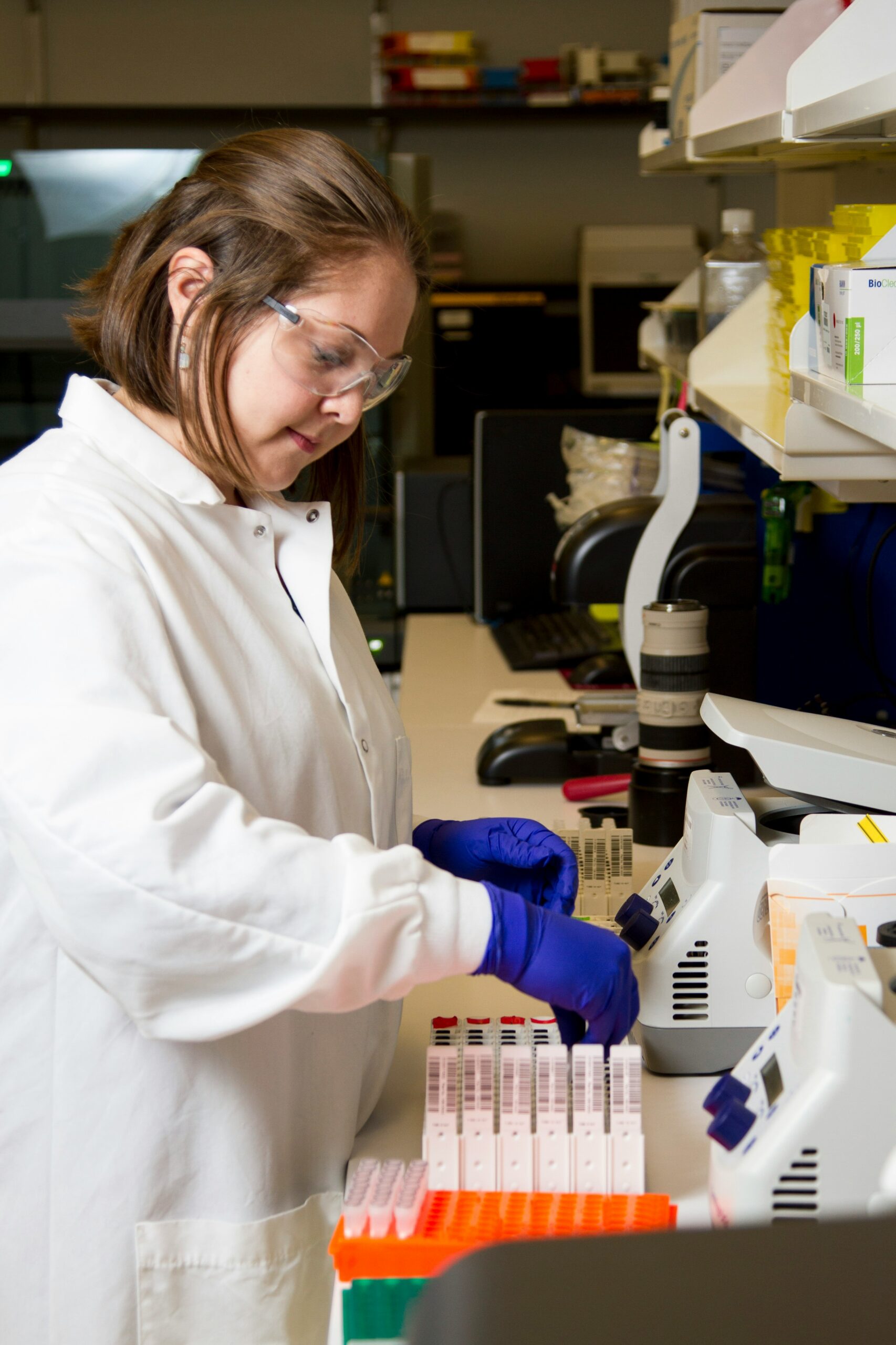Most of us go into pregnancy assuming that it goes the way we see in the movies: you pee on a stick, you wait a minute, you see a positive result, you scream in excitement, you tell your partner…and then, nine months later, you welcome a baby!
Unfortunately, this isn’t the way it goes for many of us—in fact, an estimated 1 in 4. Miscarriage is so much more common than we’re led to believe—and far more earth-shattering in every possible way than we could have ever imagined. And, because it’s a topic of conversation that’s been considered taboo for so long, many of us are so unprepared—emotionally, physically and mentally—to experience one that we don’t even know where to begin if it’s something we should encounter.
It’s so important to be aware of the signs of early miscarriage, not only for ourselves, but for our loved ones who very well may experience a miscarriage themselves. Understanding the signs and symptoms can not only help us recognize when we might be experiencing an early miscarriage, but help us prepare and learn to cope.
What is an early miscarriage?
An early miscarriage, also known as a spontaneous abortion or pregnancy loss, refers to the loss of a pregnancy during the first trimester, typically within the first 12 weeks of gestation. Early miscarriages are relatively common and can occur for various reasons, including genetic abnormalities in the fetus, hormonal imbalances, maternal health conditions and lifestyle factors.
You might have an early miscarriage well before your first prenatal appointment, which typically occurs between weeks 6 through 9 of your pregnancy—or, you may not experience an early miscarriage until that very appointment should there be no fetal sack or actual embryo, something known as a blighted ovum.
Sometimes you arrive at your prenatal appointment to find that there is a fetal pole (the beginnings of a baby), however, there is no heartbeat. This might be a missed miscarriage, depending on how early you are, or it may be too early to actually see a heartbeat, in which case your provider will have you come back in about 10 days.
How common is an early miscarriage?
Miscarriage is unfortunately very common in the first few weeks of pregnancy. In fact, an estimated 80 percent of miscarriages occur before the 12th week of pregnancy, according to the March of Dimes. As your pregnancy progresses, your chances of miscarriage reduce drastically. Once you get into the second trimester, or past week 13, your chance of miscarriage drops to 5 percent, according to Healthline.
Signs of an early miscarriage
If you’re experiencing an early miscarriage, here are some common symptoms you might be experiencing, before, during or after.
1. Loss of Pregnancy Symptoms
While it’s important to note that this doesn’t happen to everyone, it is possible that your first miscarriage symptom may actually be a loss of pregnancy symptoms like breast and nipple tenderness, nausea, fatigue and frequent urge to pee. Sometimes, your body loses a pregnancy before you actually bleed or cramp, but it may signal to you that something is off if you lose your pregnancy symptoms. This is not always the case, however, and sometimes, a loss of pregnancy symptoms has nothing to do with the health of the pregnancy. In fact, it’s natural for pregnancy symptoms to fluctuate, especially in the first trimester. If you experience a significant and sudden decrease in symptoms you should definitely let your healthcare provider know.
2. Vaginal Bleeding
Some spotting or light bleeding during early pregnancy can be normal, but persistent or heavy bleeding may indicate a miscarriage. In fact, it’s one of the most common signs of an early miscarriage. It’s important to point out that note, however, every person who experiences a miscarriage experiences vaginal bleeding. Those who experience a miscarriage without vaginal bleeding experience what’s known as a missed miscarriage. Vaginal bleeding during a miscarriage may be similar to your period or it may be heavier or lighter than usual, can range in color from pink or light brown to bright red and may be accompanied by clots or tissue passing from the vagina.
3. Abdominal Pain or Cramping
Many individuals who experience an early miscarriage report feeling abdominal pain or cramping that’s similar to what it feels like when you have your period; however, depending on how early or far along you were in your pregnancy, it may be even more painful and longer lasting. In some cases, the pain may even radiate to the lower back or pelvis like labor pains. If you experience severe or persistent abdominal pain or cramping during early pregnancy, it’s important to let your healthcare provider know to rule out any potential complications.
4. Passing Tissue or Clots
In some cases of early miscarriage, individuals may pass tissue or blood clots from the vagina. This tissue may be grayish or pinkish in color and may vary in size. Passing tissue or clots can be emotionally distressing, but it’s important to understand that it’s a natural part of the miscarriage process. If you pass tissue or clots and suspect you may be experiencing a miscarriage, contact your healthcare provider for guidance.
5. Sudden Weight Loss
You’re not expected to gain weight in your first trimester in the way that you are in the second and third trimesters, and some weight fluctuation is normal during pregnancy, sudden and unexplained weight loss during early pregnancy can be a sign of an early miscarriage. This weight loss may be accompanied by other symptoms such as nausea, vomiting and decreased appetite. If you’re losing weight for unexplained reasons, be sure to let your healthcare provider know so they can rule out underlying medical conditions or pregnancy complications.
6. A Faint Positive Pregnancy Test
Another potential sign of an early miscarriage is a decrease in the darkness of your pregnancy tests over time. While not always the case, a faint positive test that was darker days earlier may indicate that the pregnancy hormone hCG (human chorionic gonadotropin) levels are decreasing, which can occur with a miscarriage. If you experience a positive pregnancy test followed by a negative test or notice a sudden decrease in pregnancy symptoms, it’s important to contact your healthcare provider for further evaluation.
It’s important to note that you may experience one or more of these symptoms and they may not signal a miscarriage. This journey is difficult physically and emotionally. Make sure you have the support system you need. If you’re looking for additional support, check out our support groups and coaching options.
Author
-

Jenn Sinrich is the co-founder of Mila & Jo Media, an award-winning journalist and mom to Mila and Leo. She's also on-track to become a bereavement and postpartum doula to help women, like her, who've experienced pregnancy loss. She's a Peloton-tread addict who loves to cook and spend time with her friends and family. A Boston-native, she has always loved the Big Apple, which she called her home for close to a decade.
View all posts





